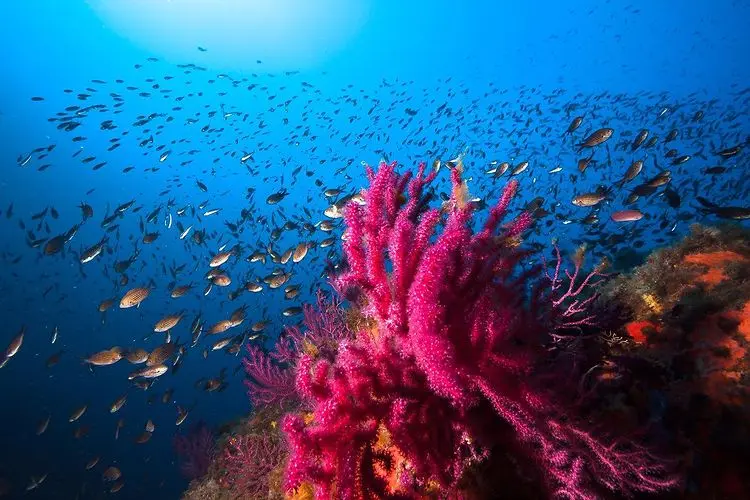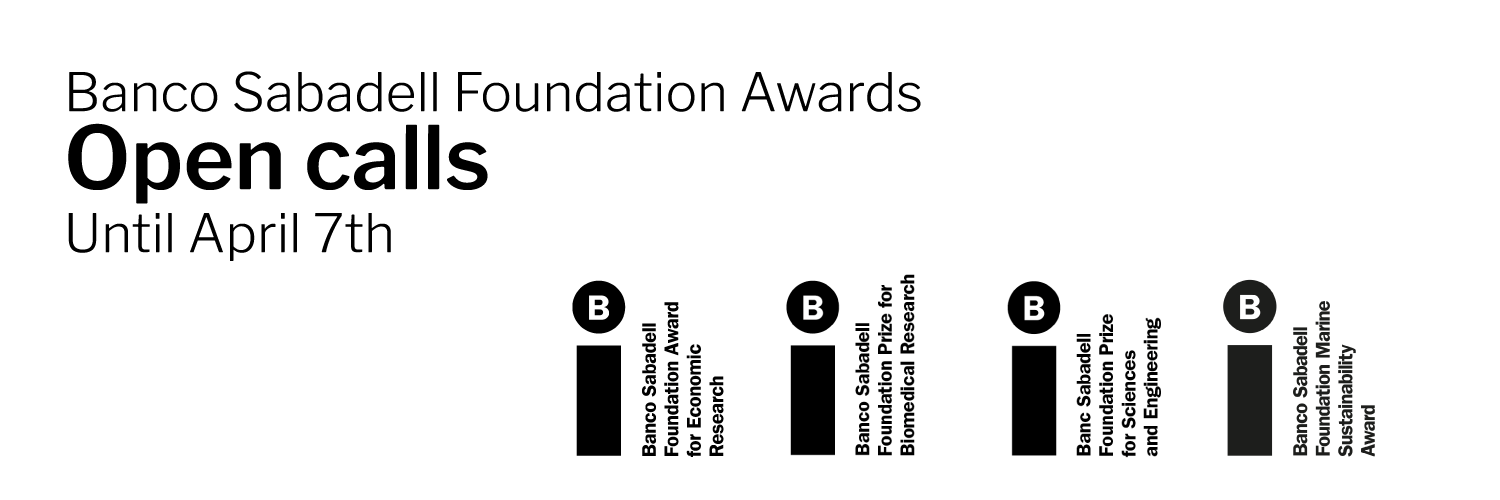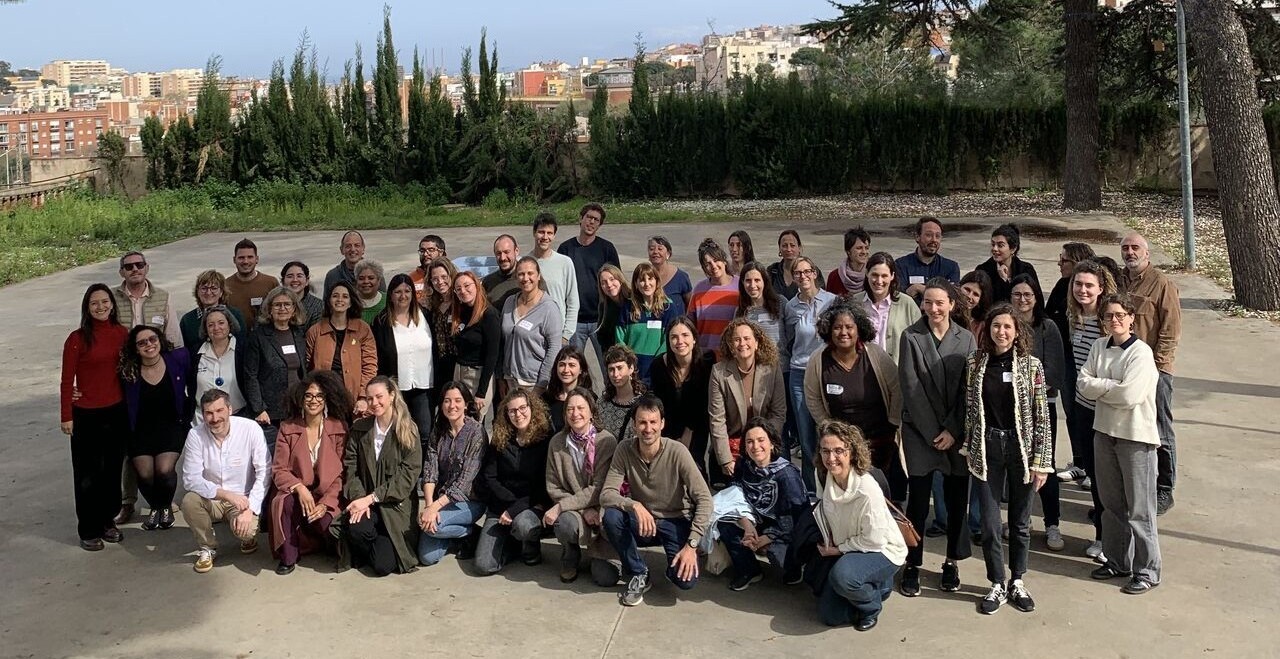
On World Oceans Day, we spoke to Isabel Cacho and Ignasi Ferrer about oceans, seas and marine sustainability. Isabel is a geologist who specialises in the reconstruction of past climate variability based on the analysis of marine sediments and cave speleothems. Ignasi Ferrer is the CEO and founder of Seastainable Ventures, an organisation that identifies and combines scientific innovation with technology to develop and implement solutions to restore and enhance marine ecosystems. They both form part of the Banco Sabadell Foundation Marine Sustainability Award, the new accolade promoted by the Foundation to recognise the work of Spanish scientists in the field of marine sustainability, the sustainable use of marine resources, and the regeneration of their natural capital. Isabel Cacho is the Panel Chair, while Ignasi Ferrer is the co-creator of the award.
Water covers around 70 percent of the planet’s surface and makes up 90% of our biosphere, in addition to being the origin and main source of all life on Earth. However, oceans and seas present many environmental problems linked to the climate crisis. “When we talk about climate change, we often forget that the sea is our great ally”, explains Ignasi, “If we regenerate damaged ecosystems and biodiversity, we will restore the sea’s ability to act as an ally in the fight against climate change, and we will also recover other ecosystem services that enrich our planet and the available resources; improving the marine environment not only helps us to fight climate change, but it also has significant positive externalities”.
During our conversation, Isabel explained the current condition of our country’s marine resources: “Many of our marine resources are in a critical state of degradation, for a number of reasons, although humankind’s poor management of its natural environment is a common factor. The sustainable management of our natural resources, and of marine resources in this case, is now a pressing challenge that can only be achieved by following qualified scientific advice”.
This need is the driving force behind this new award, and that is how Isabel and Ignasi see it. “This award will go a long way to help fund research going forward; moreover, given the renown of the Banco Sabadell Foundation, it will no doubt also encourage other foundations to research marine sustainability. It is essential to drive forward the advances made by the scientific community in the field of marine sustainability, because those advances translate into knowledge and technology that provide the building blocks to develop new key industries for marine resources.”
For Isabel, the aspects that they should look for when selecting the award winner are clear: “First, the quality of the candidate’s scientific trajectory; to that end, we will look at the quality of their publications, projects and scientific collaborations. Second, the effort made by the candidate to apply their scientific knowledge for the direct benefit of the social and economic fields. Our award winner must stand out in both of these areas.”
The applications submitted for this Award are currently being reviewed by the panel of judges and the award ceremony will take place in November.


